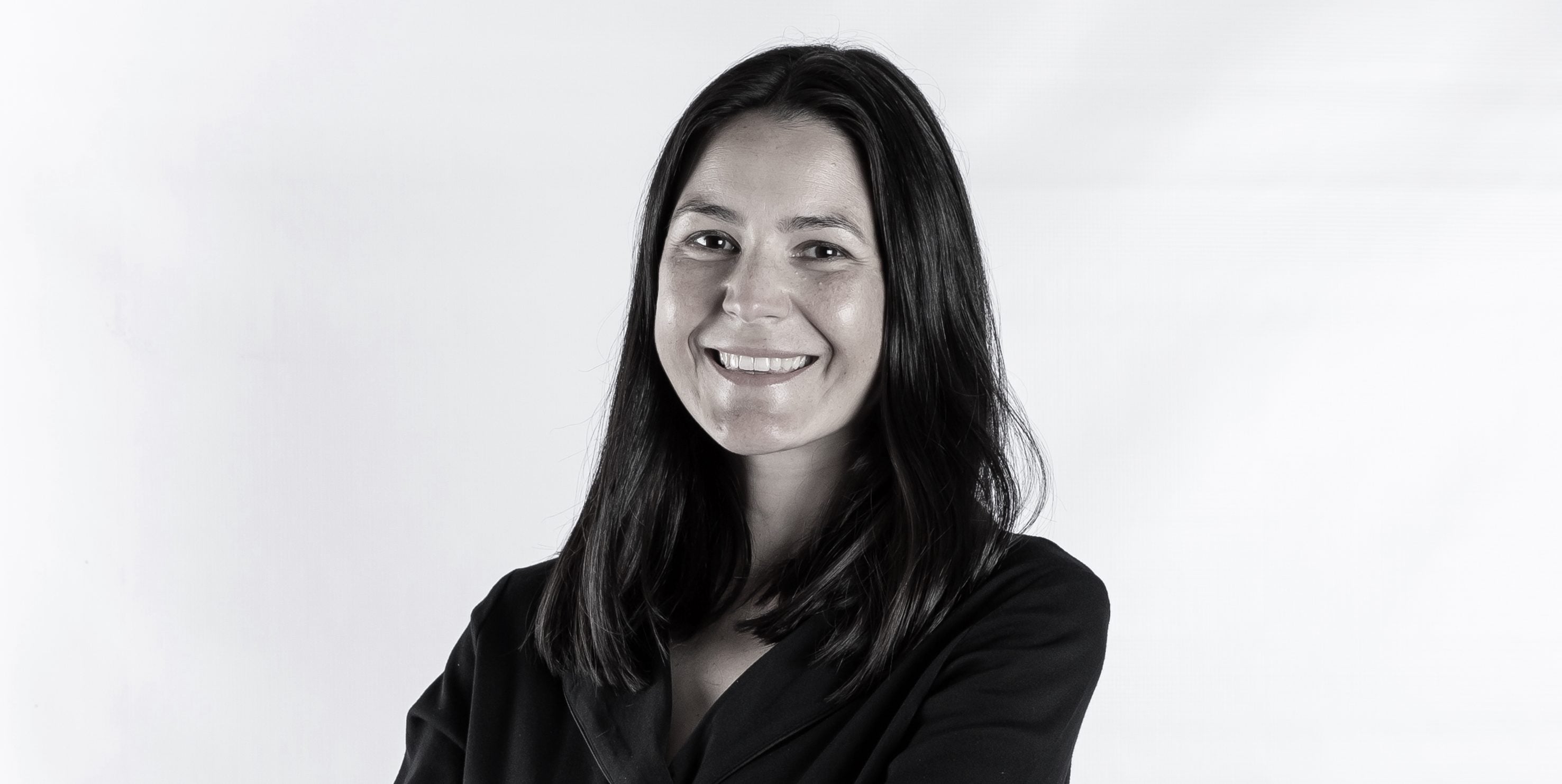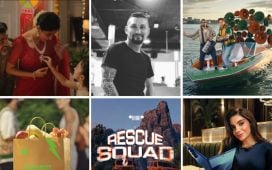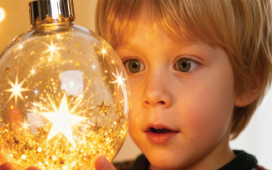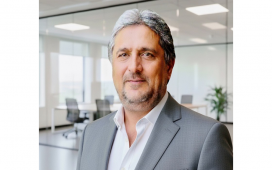“Welcome to the post-pandemic, new hopeful era,” concludes the latest Havas Middle East Prosumer Report, Generation Covid, which explores Gen Z’s influential role in shaping the region’s future and the role brands should play in adapting to changing expectations.
Do you want to be a part of the most anticipated and controversial Breakfast Briefing of the year? Join Campaign Breakfast Briefing: Out of Home as we take a deep dive into the most pressing topics in out-of-home advertising. From measurement and digitisation insights and debate to networking with prominent players in the industry, we have it all. Book your seat now.
This recent study decodes findings from the UAE and KSA with insights about post-pandemic mindsets of the next generation of ‘Prosumers’. These are the consumers who are today’s leading influencers and market drivers. Beyond their own economic impact, they are important as they influence brands’ choices and the consumption behaviours of others.
Key findings reveal that today’s youth is dissatisfied with the direction of the world and they are committed to driving change on their own terms. Environmental sustainability is at the top of their agenda, and if the future doesn’t inspire them they are ready and willing to tackle challenges despite the chaos and uncertainty that swirls around them. And how can we blame them?
Globally, we still lack unity to move in the right direction, in a consolidated effort. Over the summer, United Nations members failed to establish a UN Ocean Treaty that would set rules for protecting marine life in international waters that cover half the planet. The failure to reach an agreement opens a debate over countries moving too slowly despite their commitments and pledges.
Yet, the next generation is hopeful. They won’t wait for the future; their future starts today, and they will drive change. They are already involved in environmental activism. The study reveals that one out of two UAE residents is personally engaged in some form of activism for the planet. In addition, 53 per cent of people in the UAE and 56 per cent in KSA want to work less and dedicate more time to causes that matter to the world. They are even personally ready to stop buying fast fashion (57 per cent in the UAE and 55 per cent in KSA). In conclusion, today’s young consumers want to build a new world that suits their aspirations and that is guided by their moral compass.
It feels like a daunting task, but they are not alone. Regionally, governments are taking sustainability much more seriously. The majority of GCC countries have announced their commitments to net-zero carbon emissions as part of their Vision plans, while we are at the cusp of COP 27 being held in Egypt, and of course the UAE next year.
The Dubai Supreme Council of Energy recently announced the reduction of its carbon emissions by 21 per cent in 2021, a step in the right direction for the Dubai Carbon Abatement Strategy 2030, which aims to reduce 30 percent of carbon emissions by the end of 2030. Several other carbon emission reduction targets have been set ahead of 2060 as part of the wider net zero initiative by the UAE.
In such challenging times, there is hope. But action is needed. As the older generation, what role do we play? Some say we have destroyed the world beyond repair – regardless, what isn’t too broken for us to fix? Together, we can set a better foundation for the generations to come, starting with enabling Gen Z as much as we can. As communications specialists, it is our role to drive organisational change for our clients, reset their priorities and define their ESG agenda. Bearing in mind that businesses must adapt to changing customer expectations and behaviours, while keeping true to their identity and maintaining their credibility.
Sometimes, this action is radical. A company that aligned its actions to its mission is Patagonia, whose founder Yvon Chouinard announced last month that he was giving away all the company’s profits in perpetuity to ‘save our home planet’. Already well established as a philanthropist, this announcement elevated his profile to that of an environmental corporate leader, as he stated: “If we have any hope of a thriving planet – much less a thriving business – 50 years from now, it is going to take all of us doing what we can with the resources we have. Earth is our only shareholder.”
Sometimes, this action is inspirational. To celebrate the UAE’s 50th National Day, The National newspaper took a different stance to inspire the prosperous future of the nation. Addressing the environmental issue, Havas wanted to encourage readers to plant the seeds of the greener future by planting one tree that defies the desert – the ghaf tree. In collaboration with the ‘Give a Ghaf’ planting programme, we createdThe Ghaf Paper, the newspaper that can be planted to grow into a ghaf tree, made entirely of plantable paper, ghaf tree seeds and vegetable oil for ink. Through this collaborative initiative, hundreds of trees were planted and will be sharing their roots on the prosperous land of the UAE for years to come, resulting in commercial impact for The National too.
Sometimes, this action is incremental. With the global campaign Run for the Oceans, Adidas is continuing its commitment to urgently address the threatening levels of marine plastic pollution in the oceans. Last year, Adidas and Nakheel installed a floating walkway on the waters at The Pointe at Palm Jumeirah, with educational touchpoints positioned along it to raise awareness and end plastic waste pollution
Change starts with the organisational and personal examples we set. As an agency, we recently launched Red Impact globally, which I helped launch in the Middle East. It is a new offering that brings together Red Havas’s environmental, social and corporate governance (ESG) expertise and capabilities from across the world.
And as I write this article, I’m gearing up for a clean-up dive to support #PalmWithoutPlastic, an initiative by Nakheel in collaboration with Nemo Diving Centre to clean our Dubai beaches. We can expect to see many more of these activities in the coming months, when divers of all ages can participate for free by picking up plastic and protecting marine life.
Welcome to the post-pandemic, new hopeful era.










